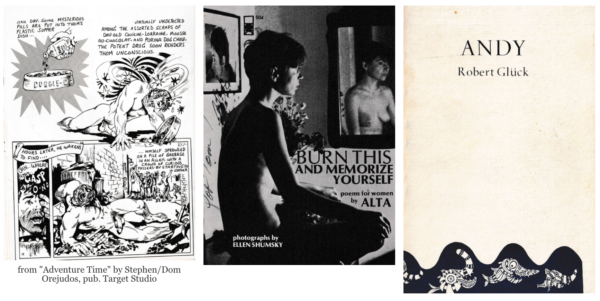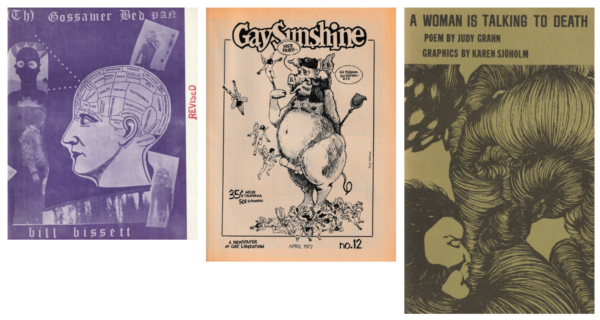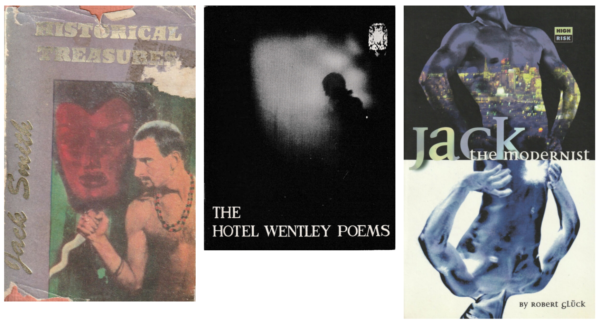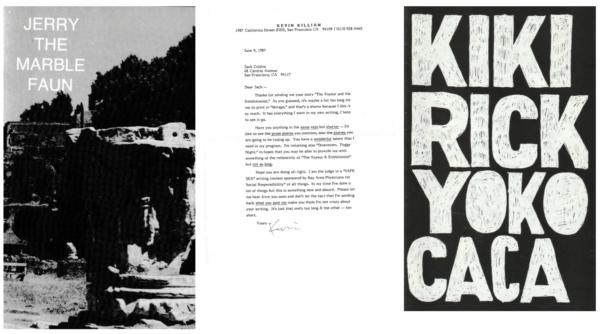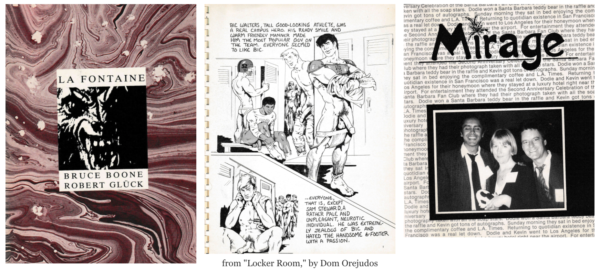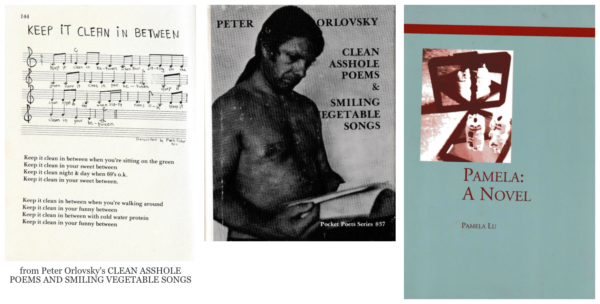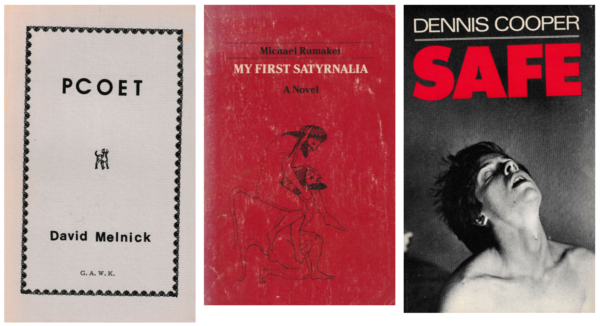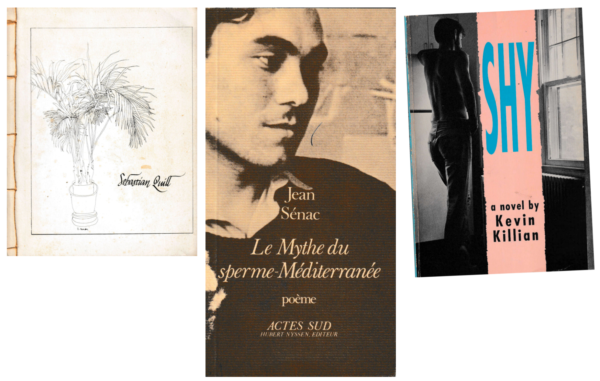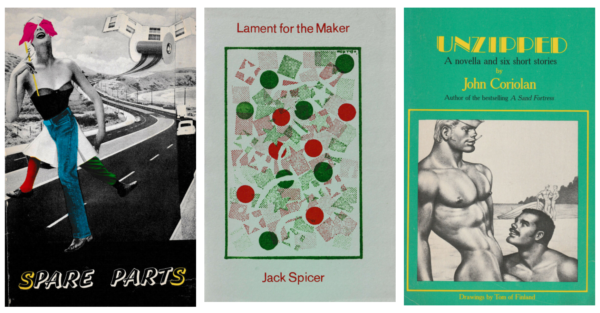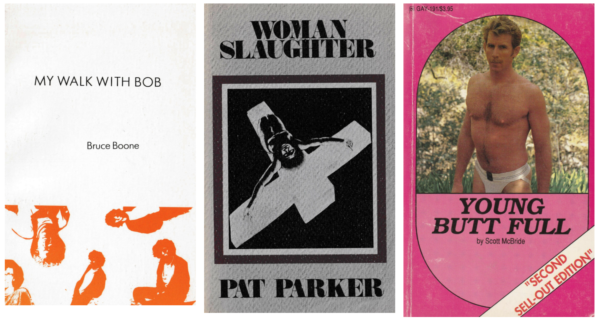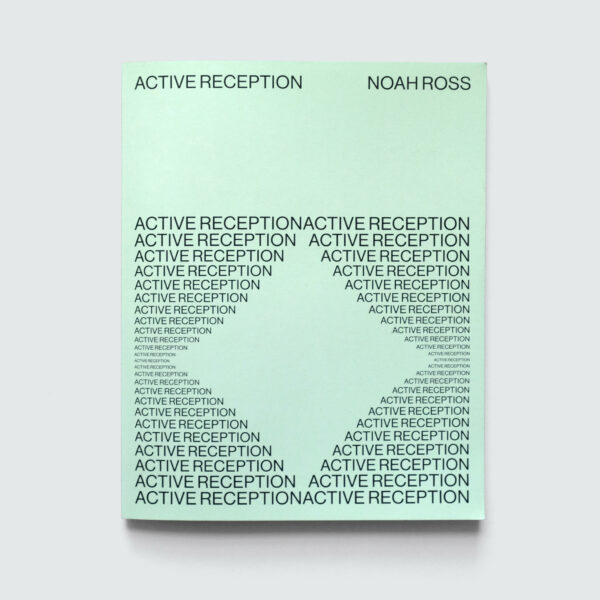
happy publication date to Active Reception! for the nightboat blog, author Noah Ross reflects on the historically significant queer texts that influenced him and the book’s writing.
In many ways, Active Reception is a book of textual community, written through, with, and against a history of gay writing. It inscribes the worlds I exist within, its people, our lives, alongside and in conversation with the texts, our primary sources, our religious documents, our archive of language, of definition.
The language we have is always shifting, and does not always hold up to the test of time. But the documents themselves are incomparable, full of all that we have to inherit. In the name of sharing a queer history, locating where it is queer literature has come from, and where it can go, I wanted to share some materials that have sparked interest, desire, intensity, and more, in the hopes that they might spark something in a reader, as well. At the same time, these scratches at history are just that, scratches, and my hope is that each of these treasures might lead one to further digging, as this is only a short beginning, the briefest attempt at an introduction, the vaguest emergence of a catalog, a collection.
Many of these books and bits of ephemera wield their own talismanic power, be they emblems of relations and loved ones, or markers of times past and shared encounters. The Hotel Wentley Poems for Owen, Jack Smith for Thomas (if only I could still share our Lanigan-Schmidt scrap), La Fontaine for Eric, all the Melnick in the world for Trisha. And many of these objects have their own history in the world of books, their own past lives, be they known or unknown to me. The Dom Orejudos that hid in Berkeley’s former Turtle Island bookstore, untold amounts of riches from Peter Howard’s Serendipity. Always more to unearth, always more time to make meaning from what we already have.
